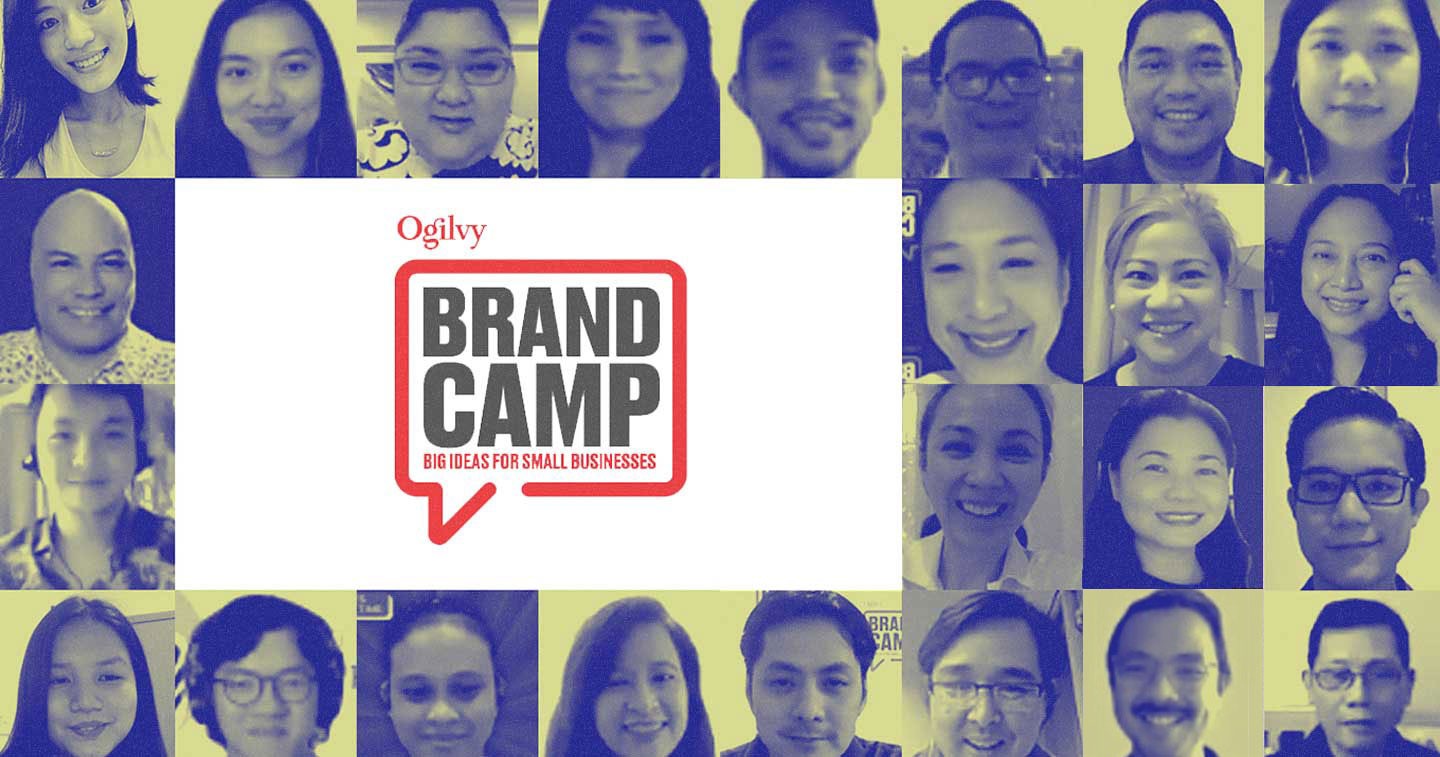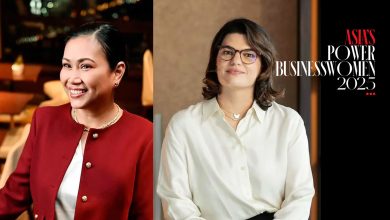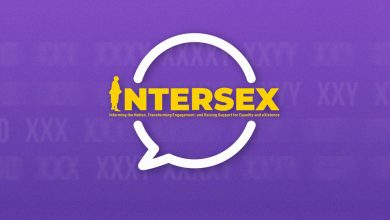MANILA, PHILIPPINES – The pandemic was a wakeup call for businesses to rethink their growth strategies given ever-shifting realities. SMEs especially have been hard hit, navigating online through lockdown to position themselves better for recovery.
Ogilvy BrandCamp on its third year pivoted towards supporting emerging Filipino businesses that are designed at its core to “make the world better through shared value.” Switching to a virtual platform, the agency’s senior leaders led by Ogilvy Group CEO Elly Puyat recently ran a two-day workshop, guiding select social-enterprise leads in finetuning their own integrated marketing communications blueprints for these times.
Ogilvy Strategy Head and Training Director Toni Tiu, Group Executive Creative Director Mike Sicam, Executive Creative Director Dino Ocampo, Consulting Lead Manny Gonzales, and Corporate Branding Managing Director and Influence Lead Leah Huang took turns tackling how the participating businesses can further sharpen their relevance, distinctiveness, accessibility and credibility. They will be joined by more of the agency’s marketing communication experts in follow-up mentoring sessions, from where the ‘faculty’ will choose the best action plan that Ogilvy will help bring to life.
The Ogilvy Group in the Philippines is known to be a partner for big brands such as KFC, Nestle and Unilever but it has also been that for social enterprises, NGOs and advocacies under its Force for Good program.
Said Ogilvy Philippines CEO Elly Puyat, “The agency was founded on David Ogilvy’s entrepreneurial spirit—exactly the kind of spirit we want to encourage in Filipino brands. Our first BrandCamp three years ago shared our brand of marketing communications to an exclusive set of Filipino SMEs, screened for their fresh takes on products, services, and industries. This round, invitations are based on how the business models integrate giving back to communities. Now there’s the power of brands—for inclusivity, for raising each other during crisis.”
Among Ogilvy BrandCamp 3 participants are AMAMI, which revives Philippine jewelry tradition by empowering local craftsmen and their trade; and FHMoms, which enables home-based economic opportunities for mothers. PeoplePods is a corporate solution for dignified affordable housing for “Bottom-of-the-Pyramid” workers. Mano Amiga Academy, an accessible K-12 school with international standards, provides scholarships and sustainable livelihood to empower low-income families to break out of poverty.
Mayani connects local farmers and buyers on a digital agri-supply chain platform. Advocafe showcases products of indigenous peoples that the civil society coalition Zero Extreme Poverty 2030 (ZEP2030) helps toward self-sufficiency. Coffee for Peace engages farming communities and links their global-quality coffee to market.
Ogilvy BrandCamp year-one alumni Marvz Conti, Hábil Studio’s founder and Creative Director, said, “Joining BrandCamp made me realign my brand by drilling down on our ‘why’—for grounding us as we evolve through the industry’s changing tides, including the pandemic’s impact. The BrandCamp learnings that especially helped me during these times are consistently connecting through our online platforms, and at the same time protecting our brand. Our most important brand asset is trust, and only through carefully considering every aspect of our brand can we build something outstanding which will grow for years.”
Husay Co.’s founder and CEO Leah Rasay, Ogilvy BrandCamp year-two alumni, said, “Communication is an intangible but critical aspect of our business. From planning as a founding team, to conceptualizing products, to providing customer service, to scaling the business model—all require effective communication and branding, making sure that all assets and efforts are aligned with the team’s vision and target audiences.”
Rasay added, “Our market, the artist community, is one of the most vulnerable sectors that’s been hit by the pandemic. The training sessions helped us find clarity so as not to feel overwhelmed by the competitors. Knowing our core values and consistently communicating with our clients have resulted in 80% recurring attendees for our workshops with potential partnership deals and services underway.”
Said Puyat, “With many communities on extended lockdown, the marketplace—and therefore the competition—has moved online. As consumers ‘reset,’ they are finding a renewed care for themselves, for each other and for the planet. Consumers want to buy from—and employees want to join—purpose-driven brands, demanding that brands make the world better. Social enterprises are very much part of the recovery plan, and we want to support that.”








